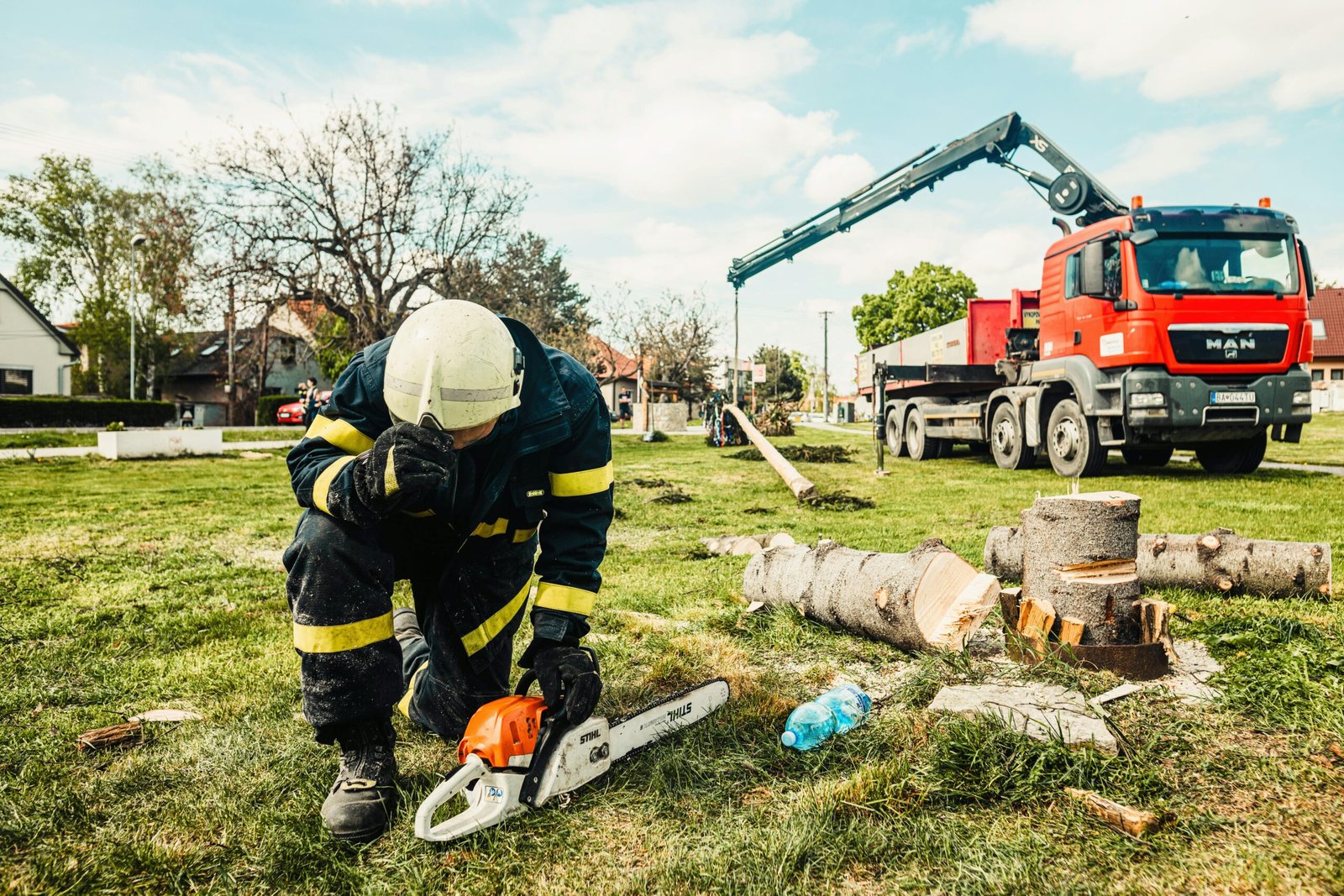Are you passionate about helping others and making a difference in the lives of those who have been affected by violent crimes? If so, a career as a victim advocate may be the perfect fit for you. As a victim advocate, your main role is to support and advocate for individuals who have suffered injuries as a result of violent crimes. This can involve assisting victims in securing legal representation, offering case management assistance, and serving as a contact person throughout the legal process. To pursue a career as a victim advocate, it is important to earn a relevant bachelor’s degree, gain industry experience, and pursue certification. Key skills for this rewarding career include organization, communication, empathy, counseling, problem-solving, and advocacy. With opportunities in various settings such as courts, legal offices, social services offices, police stations, hospitals, and shelters, a career as a victim advocate offers you the chance to make a real difference in the lives of others. Additionally, the average salary for a victim advocate is $42,618 per year, and there is expected to be a 12% increase in employment by 2031. So, if you have a strong desire to support and advocate for victims of violent crimes, consider exploring the fulfilling career of a victim advocate.

Overview of Victim Advocacy
Victim advocacy is a field dedicated to providing support and assistance to individuals who have suffered injuries or trauma as a result of violent crimes. These professionals play a crucial role in helping victims navigate the legal system, accessing necessary resources, and ensuring their rights are protected. Victim advocates are compassionate individuals who are committed to advocating for the needs and well-being of those who have experienced trauma.
Definition of victim advocacy
Victim advocacy involves providing support to individuals who have been victims of crimes such as assault, domestic violence, sexual assault, and robbery. Victim advocates work closely with these individuals to ensure they receive the necessary support and services to help them recover from their traumatic experiences. Advocates can provide emotional support, guidance through the legal process, resources for counseling, and assistance in securing legal representation.
Role of victim advocates
Victim advocates play a critical role in supporting victims of crimes throughout their healing process. They act as a liaison between the victim and the justice system, helping victims understand their rights, navigate the legal process, and access the resources they need. Advocates also provide emotional support and help victims develop coping strategies to deal with the effects of their trauma. They are advocates for victims’ needs and work tirelessly to ensure their voices are heard and their rights protected.
Purpose of victim advocacy
The primary purpose of victim advocacy is to provide support and assistance to individuals who have experienced trauma as a result of violent crimes. Advocates work to empower victims, helping them regain their sense of control, and ensuring that their needs are met. By advocating for victims’ rights and acting as their voice, these professionals play a crucial role in helping victims heal, rebuild their lives, and find justice.
Qualifications and Training
To become a victim advocate, certain qualifications and training are required to effectively support and advocate for victims of crimes.
Relevant bachelor’s degree
A relevant bachelor’s degree is typically required to enter the field of victim advocacy. Degrees in fields such as criminal justice, social work, psychology, or sociology provide a strong foundation for understanding the complexities of crime, trauma, and victim needs. This education equips aspiring victim advocates with the necessary knowledge and skills to provide effective support and assistance to victims.
Industry experience
In addition to a bachelor’s degree, gaining industry experience is essential for aspiring victim advocates. This can be achieved through internships, volunteer work, or entry-level positions in victim services organizations, social service agencies, or law enforcement agencies. Industry experience provides valuable opportunities to work directly with victims, understand their unique challenges, and develop the necessary skills to effectively support them.
Certification requirements
While not always required, obtaining certification as a victim advocate can enhance one’s professional credibility and job prospects. Several organizations offer certification programs that demonstrate an individual’s commitment to the field and their dedication to providing quality victim services. Certification typically requires a combination of education, training, and experience, along with passing a certification exam.

Skills and Attributes
Effective victim advocates possess a range of skills and attributes that enable them to provide comprehensive support and advocacy to victims.
Organization
Strong organizational skills are vital for victim advocates, as they often work with multiple clients, handle various administrative tasks, and coordinate services on behalf of victims. Being able to prioritize tasks, manage deadlines, and maintain accurate records ensures that victims receive the support they need in a timely manner.
Communication
Excellent communication skills are essential for victim advocates to effectively advocate for their clients’ needs. Advocates must be able to listen actively, ask pertinent questions, and communicate clearly with victims, law enforcement personnel, legal professionals, and other service providers. Being able to articulate complex legal information, explain victim rights, and provide emotional support requires strong communication skills.
Empathy
Victim advocates must possess a high level of empathy to connect with victims on an emotional level and understand the impact of trauma. Being able to provide non-judgmental support, validate victims’ experiences, and demonstrate genuine care and understanding is crucial in building trust and rapport with clients. Empathy allows advocates to offer tailored support and help victims navigate their healing journey.
Counseling
Counseling skills are essential for victim advocates as they often provide emotional support to victims who may be experiencing a range of emotional responses to their trauma. Advocates must be able to employ active listening techniques, offer validation, and provide effective coping strategies to help victims navigate the emotional challenges they may face.
Problem-solving
Victim advocates are frequently faced with complex situations and must be skilled problem solvers. They must be able to assess a victim’s needs, identify potential barriers or challenges, and develop creative solutions to address them. This may involve coordinating services, connecting victims with resources, or finding alternative solutions to legal or practical issues.
Advocacy
Advocacy is at the core of victim advocacy. Advocates must have a strong understanding of victim rights, relevant laws, and available resources to effectively advocate for their clients. This includes ensuring victims’ voices are heard, their rights are protected, and their needs are met. Advocates may help victims navigate the legal system, accompany them to court hearings, and act as their spokesperson.
Roles and Responsibilities
Victim advocates have a range of roles and responsibilities in assisting and supporting victims of crimes.
Assisting victims in securing legal representation
One of the key responsibilities of a victim advocate is to assist victims in securing legal representation. Advocates can help victims understand their legal rights, connect them with attorneys, and provide support throughout the legal process. By guiding victims through the complexities of the legal system, advocates ensure that victims have the representation needed to seek justice.
Providing case management assistance
Victim advocates offer case management assistance to victims, ensuring they receive the necessary support and resources. This may include coordinating medical or counseling services, connecting victims with emergency housing or financial assistance, or assisting with the completion of necessary paperwork. Advocates serve as a central point of contact for victims, providing guidance and support throughout their recovery.
Serving as a contact person for victims
As a contact person, victim advocates provide a critical link between victims and various service providers. They maintain regular communication with victims, keeping them informed of important updates, court dates, or changes in their case. Advocates also collaborate with law enforcement, legal professionals, and social service agencies to ensure a coordinated approach in meeting victims’ needs.
Supporting victims emotionally
Emotional support is a fundamental role of victim advocates. Advocates provide a safe and supportive space for victims to express their emotions, share their experiences, and process their trauma. They offer a compassionate and non-judgmental ear, providing validation and understanding throughout the healing process.
Educating victims about their rights
Victim advocates play a vital role in educating victims about their rights. This includes informing them of their legal rights, the available resources and services, and how to navigate the criminal justice system effectively. By empowering victims with knowledge, advocates enable them to make informed decisions about their participation in the legal process and accessing support.
Advocating for victims’ needs
Advocating for victims’ needs is a core responsibility of victim advocates. They ensure that victims’ voices are heard, their rights are protected, and their needs are addressed. Advocates actively seek to address systemic barriers and advocate for policy changes to enhance victim services. They work collaboratively with other professionals involved in the victim’s case to ensure a victim-centered approach.

Work Settings
Victim advocates work in various settings, all with the common goal of providing support and advocacy to victims.
Courts
In court settings, victim advocates assist victims in navigating the legal process, accompanying them to court hearings, and explaining their rights. They ensure that victims are kept informed about court proceedings and provide emotional support during what can be a daunting and stressful experience.
Legal offices
In legal offices, victim advocates work closely with attorneys to support victims and coordinate legal representation. They provide emotional support, gather victim impact statements, and assist with case preparation. Advocates also act as a liaison between victims and legal professionals, ensuring effective communication and support throughout the legal process.
Social services offices
Social services offices are common work settings for victim advocates. Advocates collaborate with social workers, counselors, and other professionals to provide comprehensive support to victims. They help victims access resources, such as housing assistance, counseling services, and financial support, to aid in their recovery and healing.
Police stations
At police stations, victim advocates provide immediate crisis intervention and support to victims of crimes. They accompany victims during interviews, help victims understand the investigative process, and connect them with necessary resources. Advocates play a crucial role in ensuring victims are treated with dignity and respect throughout the criminal justice process.
Hospitals
In hospital settings, victim advocates offer immediate support to victims of sexual assault, domestic violence, or other violent crimes. They provide emotional support, explain medical procedures, and connect victims with necessary medical services. Advocates also collaborate with medical professionals to ensure victims’ physical and emotional needs are met.
Shelters
Shelters for victims of domestic violence or sexual assault may employ victim advocates to provide ongoing support and assistance to residents. Advocates help victims access counseling services, navigate legal proceedings, and connect with community resources. They work closely with shelter staff to create a safe and supportive environment for victims.
Salary and Employment Outlook
Victim advocates provide invaluable support to individuals who have experienced trauma, but it’s also important to consider the financial aspects of this career.
Average salary for victim advocates
According to the Bureau of Labor Statistics, the average salary for victim advocates is $42,618 per year. However, salaries can vary depending on factors such as location, level of experience, and the employing organization. Higher education, additional certifications, and specialization in a particular area of victim advocacy may also contribute to increased earning potential.
Expected increase in employment by 2031
The employment outlook for victim advocates is positive, with a projected 12% increase in employment by 2031. As awareness of the importance of victim advocacy grows and more organizations recognize the need for these services, the demand for qualified victim advocates is expected to rise. This increase in employment opportunities highlights the significance of this field and the vital role victim advocates play in supporting victims.
Related Careers
A career in victim advocacy can open up opportunities to pursue related professions that involve providing support and assistance to vulnerable populations.
Counselor
Counselors work with individuals to address a range of mental and emotional challenges. Like victim advocates, they provide therapeutic support and counseling to help individuals overcome trauma, manage emotions, and develop coping strategies. Counselors may specialize in areas such as trauma counseling or work in settings such as mental health clinics, schools, or private practice.
Case manager
Case managers assist individuals in accessing necessary resources and services to meet their needs. They work closely with clients to create individualized plans, connect them with appropriate service providers, and monitor progress. Case managers often work with vulnerable populations such as individuals experiencing homelessness, individuals with disabilities, or those involved in the criminal justice system.
Director of social services
As a director of social services, professionals oversee and coordinate the delivery of various social service programs. They are responsible for developing policies, managing staff, and ensuring that services meet the needs of the community. This role involves working closely with various stakeholders, including government agencies, community organizations, and other service providers.
Social worker
Social workers provide support and assistance to individuals, families, and communities facing a range of challenges. They assess clients’ needs, develop intervention plans, coordinate services, and advocate for clients’ well-being. Social workers may specialize in areas such as child protection, mental health, or substance abuse, and work in settings such as hospitals, schools, or government agencies.
Paralegal
Paralegals work closely with attorneys to assist in legal research, drafting legal documents, and managing case files. While not directly involved in providing emotional support to victims, paralegals play a vital role in helping victims secure legal representation and navigate the legal system. They may specialize in areas such as criminal law, family law, or personal injury law.












